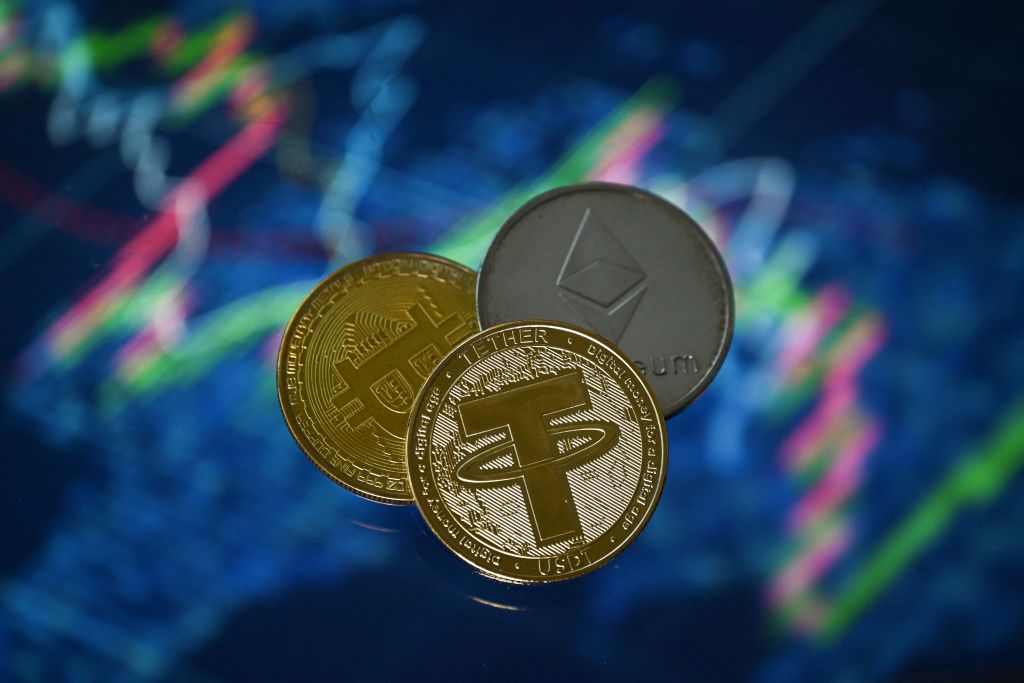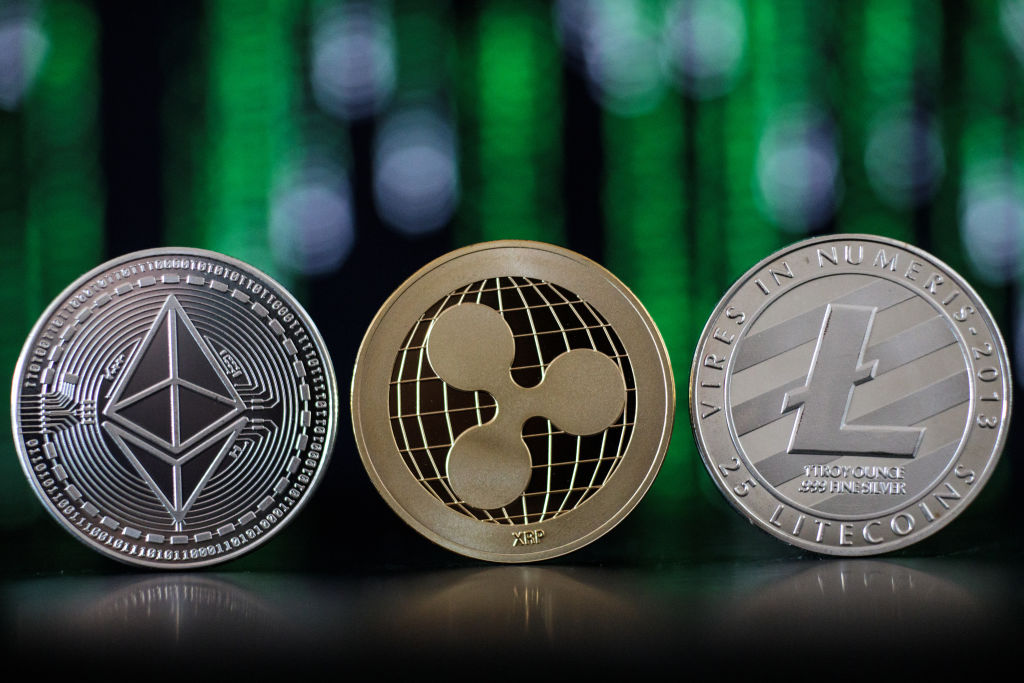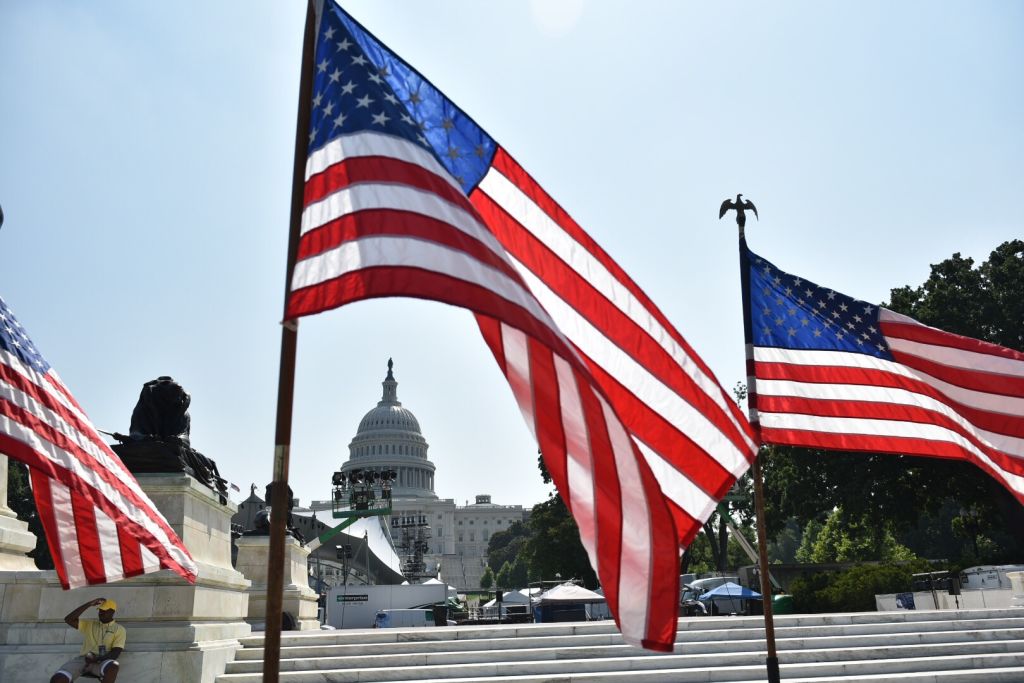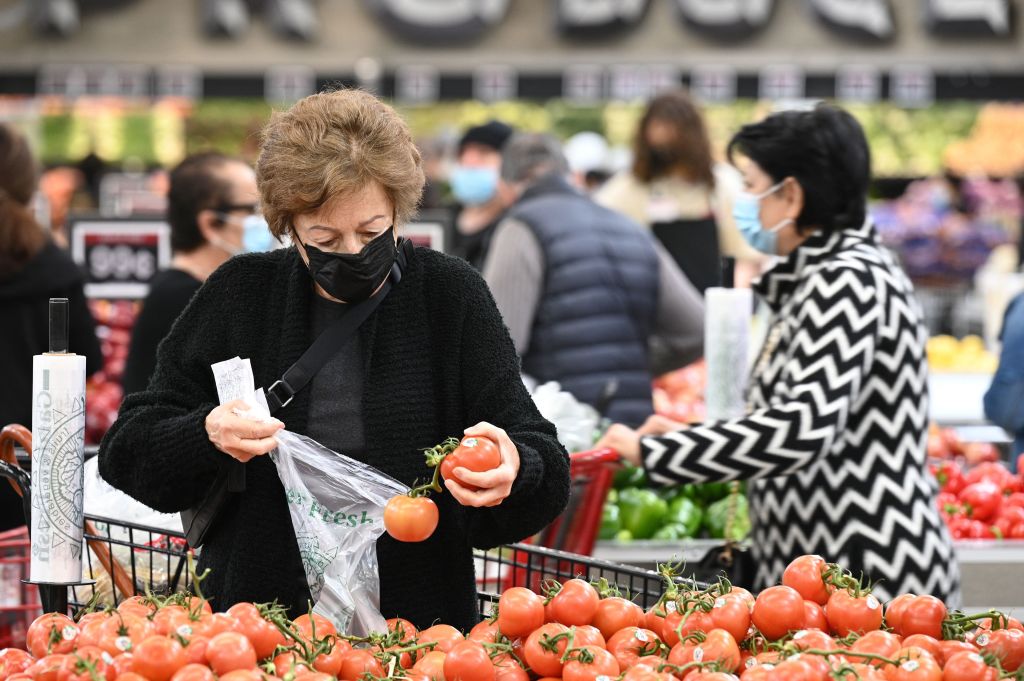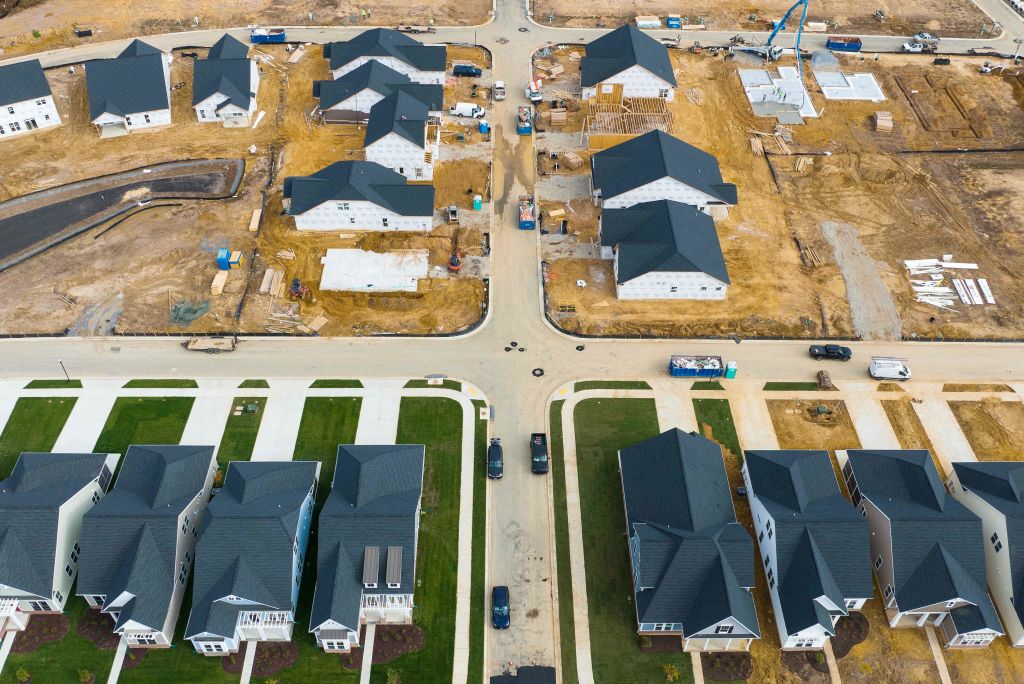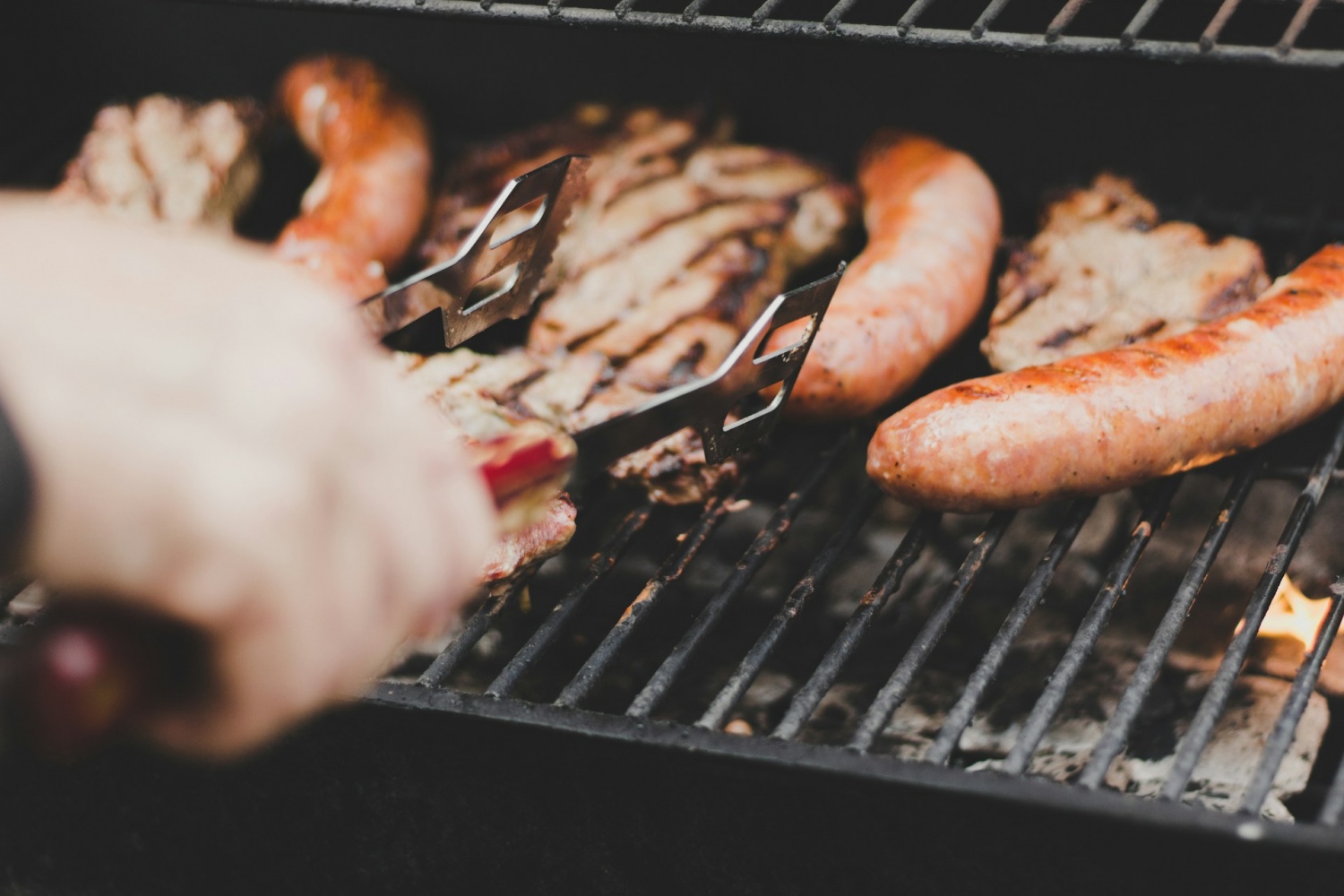U.S. consumer prices rise modestly in July
U.S. consumer prices barely rose in July as declining energy costs partially offset increases in food and rents, which could give the Federal Reserve ammunition to keep interest rates low for a while.
The Labor Department said on Tuesday its Consumer Price Index edged up 0.1 percent last month after increasing 0.3 percent in June. In the 12 months through July, the CPI increased 2.0 percent after advancing 2.1 percent in June.
Inflation pushed up a bit from March through June, but labor market slack, marked by tepid wage growth, is keeping a lid on price pressures. That could add to the view that the U.S. central bank will be in no hurry to raise its benchmark interest rate.
The Fed targets 2 percent inflation and it tracks an index that is running even lower than the CPI.
The Fed last month said the risk of inflation running persistently below its target had diminished somewhat. It has kept its overnight lending rate near zero since December 2008 while nursing the economy back to health.
Last month's gain in consumer prices was in line with economists' expectations.
Energy prices fell broadly after rising in each of the last three months. Gasoline prices fell 0.3 percent last month after surging 3.3 percent in June. Food prices increased 0.4 percent after rising 0.1 percent in June. A drought in California is driving up food prices.
Stripping out food and energy prices, the so-called core CPI ticked up 0.1 percent after a similar gain in June. In the 12 months through July, the core CPI increased 1.9 percent after rising by the same margin in June.
The core CPI was held back by declining prices for used trucks and a plunge in airline fares. There was a moderate increase in the cost of prescription medication. Rents rose 0.3 percent in July and prices for new motor vehicles rebounded 0.3 percent.
(Reporting by Lucia Mutikani; Editing by Paul Simao)
Reuters, All Rights Reserved 2015

